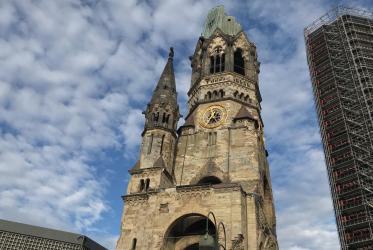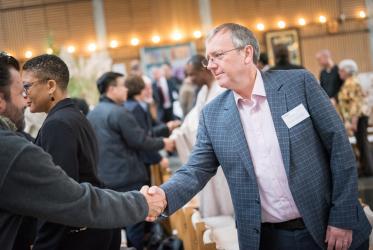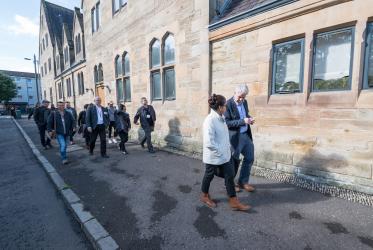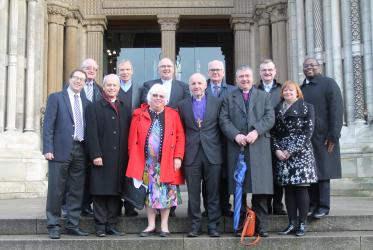Displaying 1 - 20 of 25
WCC celebrates life of Archbishop John Habgood
18 March 2019
Fr Alexi - a peacemaker in Syria
21 December 2018
#WCC70: Children in the Ecumenical Movement
20 December 2018
#WCC70: The life-changing gift of serving as a steward
24 August 2018
Diakonia: “a tool to reach abundance of life”
24 July 2018
Seven weeks of Lent highlight water justice in Latin America
12 February 2018
The motor engineers of the ecumenical movement
18 September 2017
Digitizing of Faith and Order Papers underway
23 July 2017
WCC delegation visits north Ireland and border barriers
02 December 2015
















